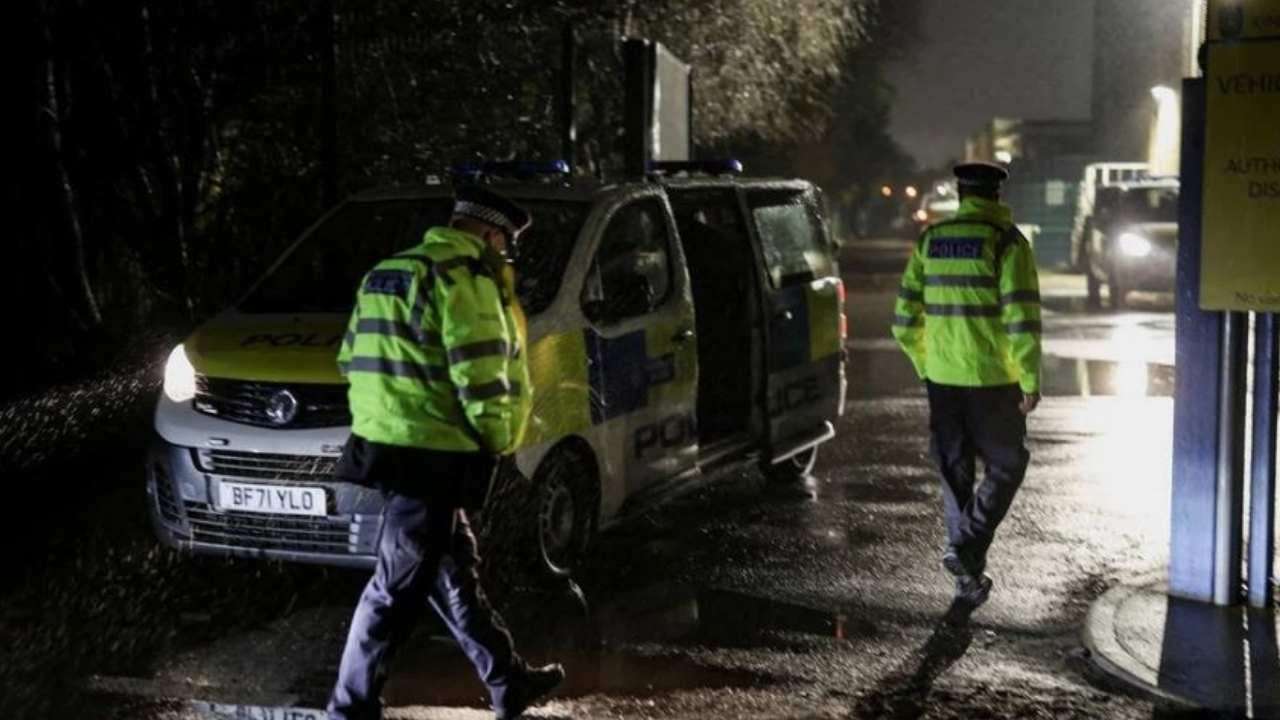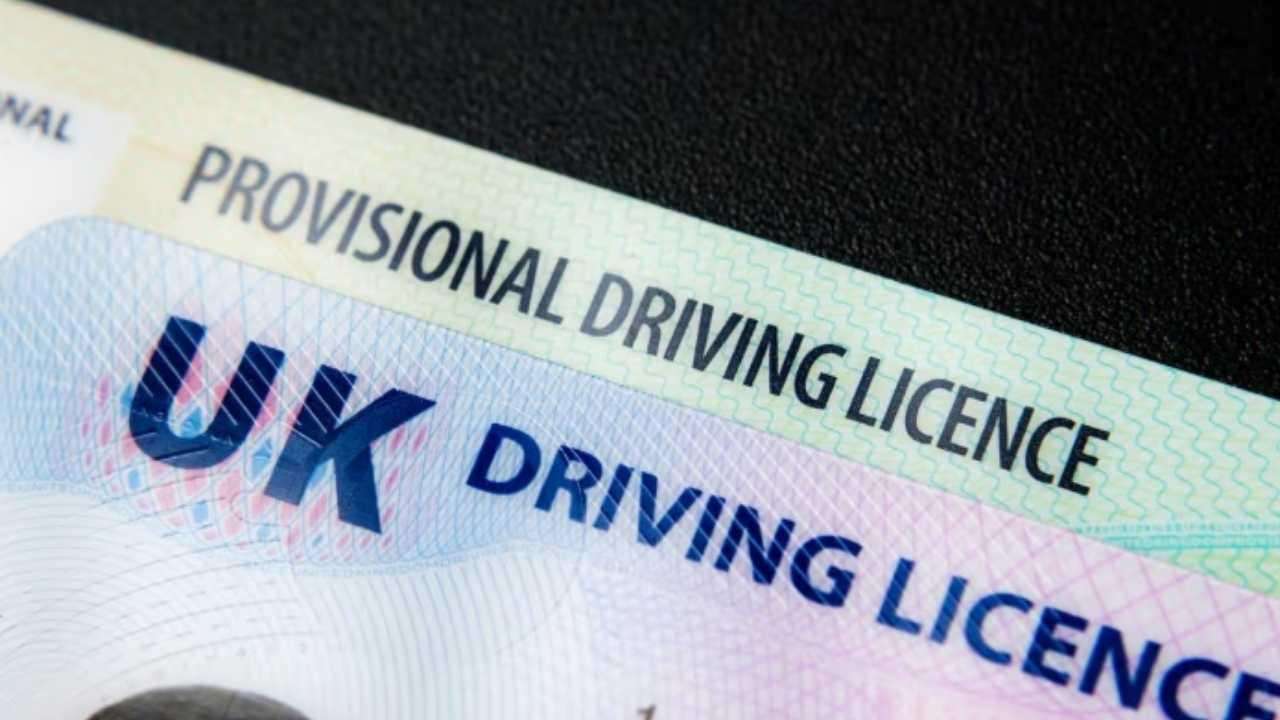A profound ideological split is defining the political landscape of Britain's ethnic minority groups. While the successful British Indian diaspora is controversially embracing the far-right Reform UK, the British Bangladeshi community is holding the line, overwhelmingly rejecting a party whose core message of anti-immigration nationalism is fundamentally incompatible with their hard-won political identity.
The Bangladeshi Rejection: Forged in Fire
The British Bangladeshi community’s opposition to the far-right is not a coincidence; it is the cornerstone of their political consciousness. Settled predominantly in East London, the community, often one of the most socio-economically deprived ethnic groups in the country, became the target of sustained, often violent, racism from groups like the National Front in the 1970s.
The pivotal event that galvanised resistance was the racist murder of Altab Ali on May 4, 1978. A 24-year-old textile worker, Ali was brutally stabbed as he walked home near Brick Lane. His death was the spark that ignited a large-scale, organised anti-racist movement.
The March of 7,000: Ten days after the murder, 7,000 to 10,000 people, predominantly members of the Bengali community, marched behind Ali's coffin from Brick Lane to 10 Downing Street. This, and subsequent actions by youth groups like the Bangladesh Youth Movement, transformed East London into a hub of resistance that successfully drove the National Front out of the area and significantly influenced race relations across the UK.
Political Consequence: This history instils a zero-tolerance policy for parties perceived as xenophobic. Consequently, support for Reform UK is negligible. Current polling shows support for Reform across the entire ethnic minority electorate remains very low, hovering around 3% to 7%. This community remains overwhelmingly loyal to the Labour Party, where their generations of political activism—from local squatters’ movements to electing mainstream councillors—are invested. Critically, Reform UK has failed to gain any significant leadership or meaningful traction within the British Bangladeshi community.
The Indian Paradox: The Illusion of Elite Status
In stark contrast, a significant segment of the British Indian community—a demographic that is generally more affluent and highly skilled—is showing a contradictory political shift.
Tripled Support for Reform: Polling by the 1928 Institute indicates that British Indian support for Reform UK has tripled in the past year, rising from 4% at the last election to 13% today. While Labour still leads this demographic at 35%, and the Conservatives have collapsed to 18%, Reform is a serious contender for a key part of the Indian vote.
Motivations: This rise is driven by a combination of factors:
The "Good Immigrant" Gambit: Many Indians, particularly those from a successful professional class, view aligning with Reform’s anti-immigration platform as a mechanism for assimilation through exclusion. They seek to secure their elite status by distancing themselves from—and limiting the flow of—less-skilled migrants, believing they are the "deserving" ones.
Ideological Convergence: The party's focus on the economy, crime, and a socially conservative, nationalistic agenda (often resonating with an increase in Hindu nationalism within the diaspora) aligns with the current priorities of a segment of the Indian electorate.
The irony, however, is that this pursuit of proximity to power is a strategic risk. Reform UK’s platform calls for a radical reduction in net migration. There is no evidence that this policy would spare highly-skilled migrants, as the party's agenda often targets legal routes—the very lifeblood of the professional Indian diaspora.
The Broader Minority Consensus
The resistance to Reform UK is the rule, not the exception, among most minority groups:
British Pakistani and African communities demonstrate minimal support for Reform UK. The combined vote share for the Conservatives and Reform UK stood at just 26% among ethnic minorities at the last election, compared to 66% for the Labour/Green/Lib Dem bloc. These communities retain a political preference for parties that advocate for social justice, rejecting the divisive and nativist rhetoric that defines the hard-right.
The deep divide between the Indian and Bangladeshi political stances showcases a fundamental fault line: where one diaspora sees a chance for elite consolidation, another remembers the violent consequences of nativism and chooses to stand, as they always have, on the front line against racism.







_2.jpg)
.svg)

